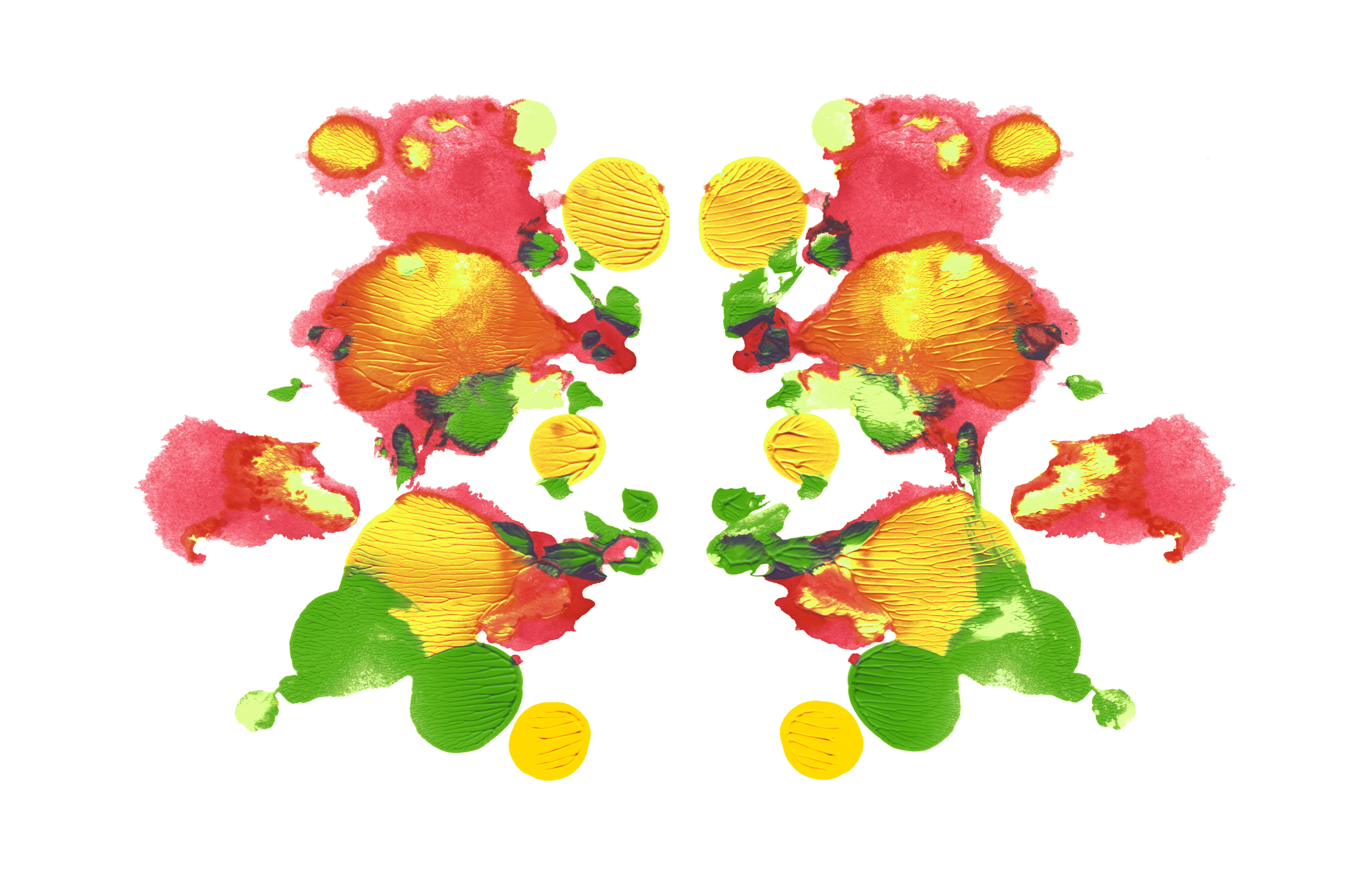Psychotherapy
Psychotherapy can help you explore your emotional and relational experiences in order to gain clarity and self awareness. The process is organic and often explores many themes but its essential thread is your experience of being in the world. Through empathic attunement, presence and dialogue, we can work together to make sense of this thread, as the therapeutic process begins to take shape - this looks different for every individual.
Together, we can process difficult emotion, past traumas and recurring difficulties or questions. Psychotherapy aims to work with the whole of a person - their psyche, body, memory, energy. My integrative approach draws on many theoretical frameworks and I adapt my practice to work with each client holistically. As it can sometimes be difficult to verbalise experiences and emotions, particularly if they stem from a place where trauma has occurred, I work creatively with clients to aid self-expression. This may include using art materials, breathwork and movement in sessions.
I work in accordance with the UKCP Ethical Principles and Code of Professional Conduct. All of my work is supervised by an experienced and accredited supervisor.
What can Psychotherapy help with?
Clients will often come to therapy with a specific issue in mind but the therapeutic process can often traverse many themes. This is not an exclusive list but common issues in Psychotherapy & Counselling can include:
Abuse
Addiction
Adoption
Alcohol / Drug / Substance Use
Anger
Anxiety and Anxiety Disorders (including Generalised Anxiety Disorder, Social Anxiety, Health Anxiety)
Bereavement, Grief, Loss
Body Image
Bullying
Cultural Issues
Dementia
Depression, Sadness, Low Mood
Living with Disability
Loss of Purpose, Loss of Meaning, Loss of Pleasure
Eating Disorders
Eco & Climate Anxiety
Emotional Distress
End of Life
Existential Anxiety/Themes, Questions and Dilemmas of Identity, Direction in Life, Relatedness and Solitude, Creativity, Spirituality, Connection & Disconnection etc.
Financial Debt
Health Diagnosis - eg, ADHD, ASD, AIDS/HIV, Cancer
Mental Health Diagnosis (not prescribing or clinical treatment) - Bipolar, Psychosis
Infertility
Life Skills
Life Transitions
Loneliness
Low Confidence, Low Self-Esteem, Shyness, Social Anxiety/Social Phobia
Menopause
Obsessive and Intrusive Thoughts, Compulsivity, OCD
Older Age
Personal Development
Phobias & fears
PTSD
Pregnancy related issues
Redundancy
Relationships, Difficulties in Relationships, Infidelity, Affairs, Open Relationships, Jealousy, Trust Issues
Self Harm
Sex related issues, Sexual Behaviours (Sexual Compulsivity/ Hypersexuality/ Sex Addiction), Problems with use of Pornography, Cybersex, Fetishistic Preoccupations and Behaviours/Paraphilias
Sexual Abuse & Trauma
Sexual Identity, Sexuality, Sexual Orientation
Sexual & Gender Diversity Issues, Lesbian/Gay/Bisexual, Transgender/Transsexual, Gender Dysphoria, LGBTQ+
Stress, Work related stress
Self Harm, Suicidal Feelings
Trauma
Counselling
There is often confusion about the difference between Psychotherapy and Counselling. There are similarities and overlap between the two, but put simply, Counselling tends to focus on supporting a client with specific and difficult life events. It is often shorter-term work and structured within a time frame. It can sometimes be a first and foundational therapeutic experience which may later be followed by a longer Psychotherapy process.
Psychotherapy is often a longer-term process which is organic in nature. Working at depth, it can explore many themes and works towards a sense of growth, lasting change and healing. Psychotherapy training is often longer in duration and requires therapists to attend their own ongoing personal Psychotherapy. This promotoes self awareness and ethical practice.
I tend to work with clients that are interested in long term therapy and a more in-depth process, but I can adapt to working in a more time-limited way. We can discuss this in more detail at our first meeting.
How might Psychotherapy & Counselling help?
The outcomes of Psychotherapy and Counselling are different for everyone. Whilst some clients may feel they have achieved a certain goal they came with, others may find that they arrive in unexpected but welcome places. Psychotherapy, much like our subjective experience is fluid, this makes it difficult to guarantee specific results. However, in processing the end of their therapy journey, many clients have shared that the potential benefits of Psychotherapy often include:
stabilisation of difficult moods and emotions
clearer thinking about problems and choices
clarification of personal values and direction
greater emotional awareness
a more solid sense of who one is
clarity about relationships
changes in problematic behaviours
new resources to deal with challenges in life
greater openness to new experiences
A good experience of therapy can give someone the resources with which to meet inevitable and ongoing challenges of life with greater confidence.


